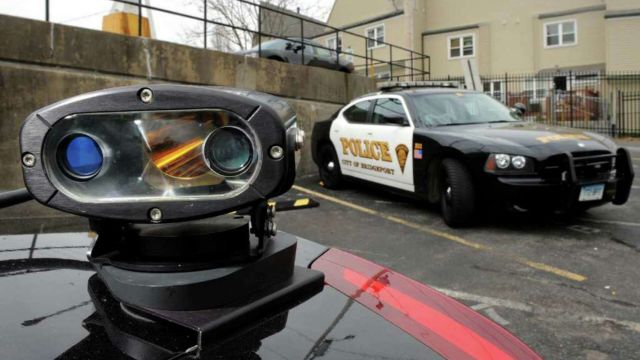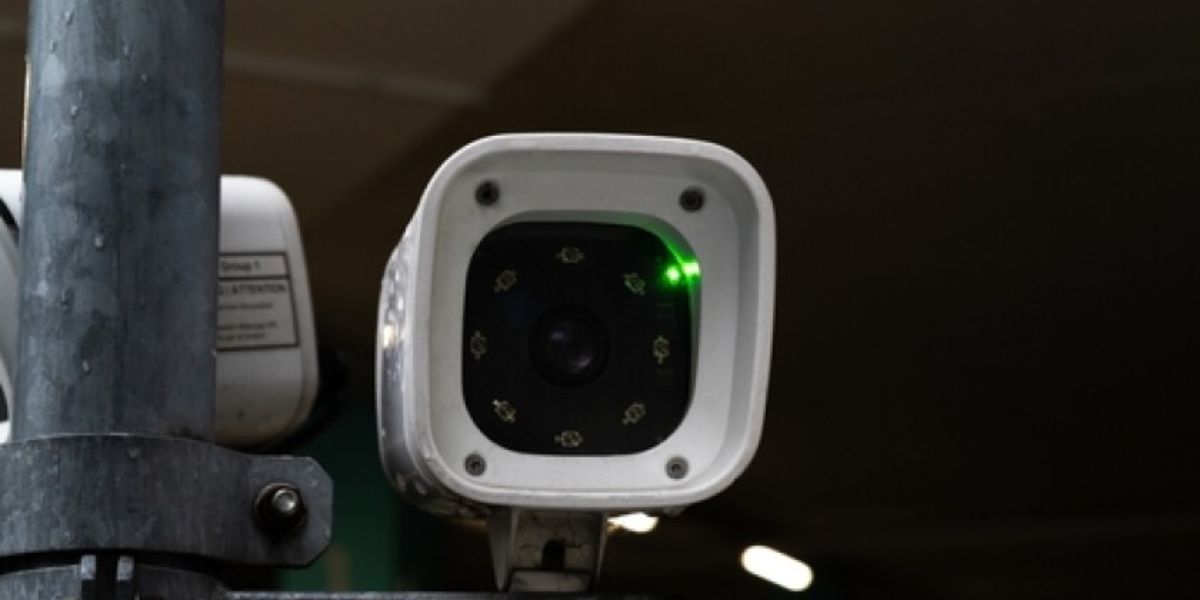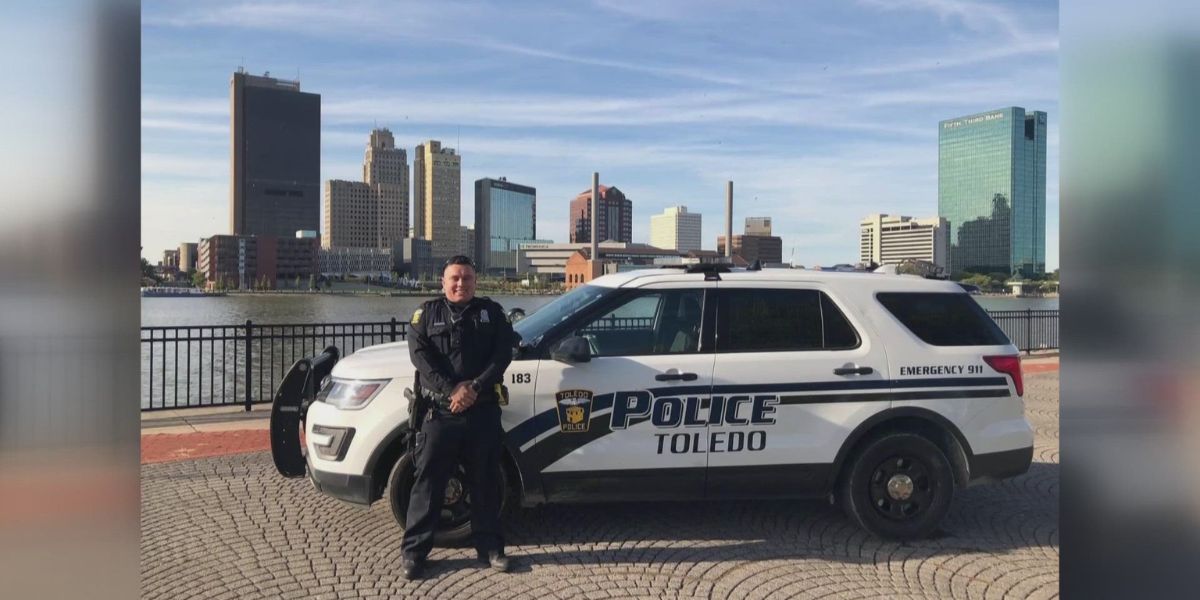If you’ve ever driven through Connecticut, you may have noticed a police car casually cruising by with a high-tech device mounted on the front, seemingly scanning license plates as they pass. It raises an important question: Is it legal for police in Connecticut to scan your plates whenever they want?
The answer isn’t as straightforward as you might think, as it involves a mix of privacy rights, technology, and law enforcement practices.
Here’s a breakdown of the legalities and implications.
What is License Plate Recognition (LPR) Technology?
License Plate Recognition (LPR) technology is a powerful tool used by police departments across the country. It uses cameras and optical character recognition (OCR) software to read and record the license plates of vehicles. These devices can be mounted on police vehicles or fixed to specific locations like traffic lights or highways.
LPR systems can scan multiple plates per minute, checking each against a database of records that include stolen vehicles, wanted criminals, or vehicles involved in previous crimes. The technology has made it easier for law enforcement to track down suspects and identify stolen cars. But it also raises questions about privacy, especially when it comes to who has access to this data and how it’s used.
The Law in Connecticut: What Are Police Allowed to Do?
Under Connecticut law, police do not need a warrant to scan your license plate in public spaces. Because license plates are considered publicly visible and part of your vehicle’s registration, police can legally use LPR technology to scan plates without specific consent from the vehicle owner or driver. The same rule applies whether the car is moving or parked on a public street.
Privacy Concerns: How Long Can Police Keep the Data?

While it’s legal for police to scan your plate, it’s important to consider how long they can store that information. Connecticut law does not have strict regulations regarding the retention of LPR data, which means police departments have some discretion over how long they keep the records. Some departments may store the data for months or even years, while others may purge it sooner, especially if it is not linked to an ongoing investigation.
However, privacy advocates have raised concerns about the potential for misuse or abuse of the data. The worry is that police could use LPR data to track individuals without cause or monitor innocent people going about their daily lives. As a result, some local jurisdictions have begun considering laws that require police departments to limit how long LPR data can be kept.
Are There Any Restrictions or Oversight?
VOICES: Ohio’s New Outing Law Will Force More LGBTQ+ Youth into Homelessness
In Connecticut, the use of LPR technology by police is generally subject to department policies and oversight. While there are no specific state laws that regulate the use of LPR, some municipalities within the state have created guidelines or restrictions regarding how data can be stored, who can access it, and for how long it can be retained.
For instance, some police departments have internal rules that prevent officers from using LPR data for routine surveillance of individuals unless it’s part of an active investigation. However, this varies widely by department.
Is There Any Recourse for Citizens?
If you feel that your privacy rights have been violated or that LPR technology is being misused, Connecticut law allows individuals to file complaints with the local police department or the state’s attorney general. However, as of now, Connecticut does not have a statewide policy regulating how LPR technology is used or restricting the amount of data collected.
A Balancing Act Between Security and Privacy
So, is it legal for police to scan your plates whenever they want in Connecticut? Yes, within the boundaries of public spaces, police have the right to use LPR technology to scan your license plate without a warrant. However, concerns about privacy and the retention of that data continue to grow. While Connecticut doesn’t have specific laws limiting LPR usage, local policies may offer some safeguards, and public pressure could lead to more regulation in the future.
As technology continues to evolve, it’s important for lawmakers, law enforcement, and citizens to engage in ongoing conversations about privacy, public safety, and how best to balance both in an increasingly digital world. For now, it’s clear: while your license plate is public, how its data is handled may be up for debate.




